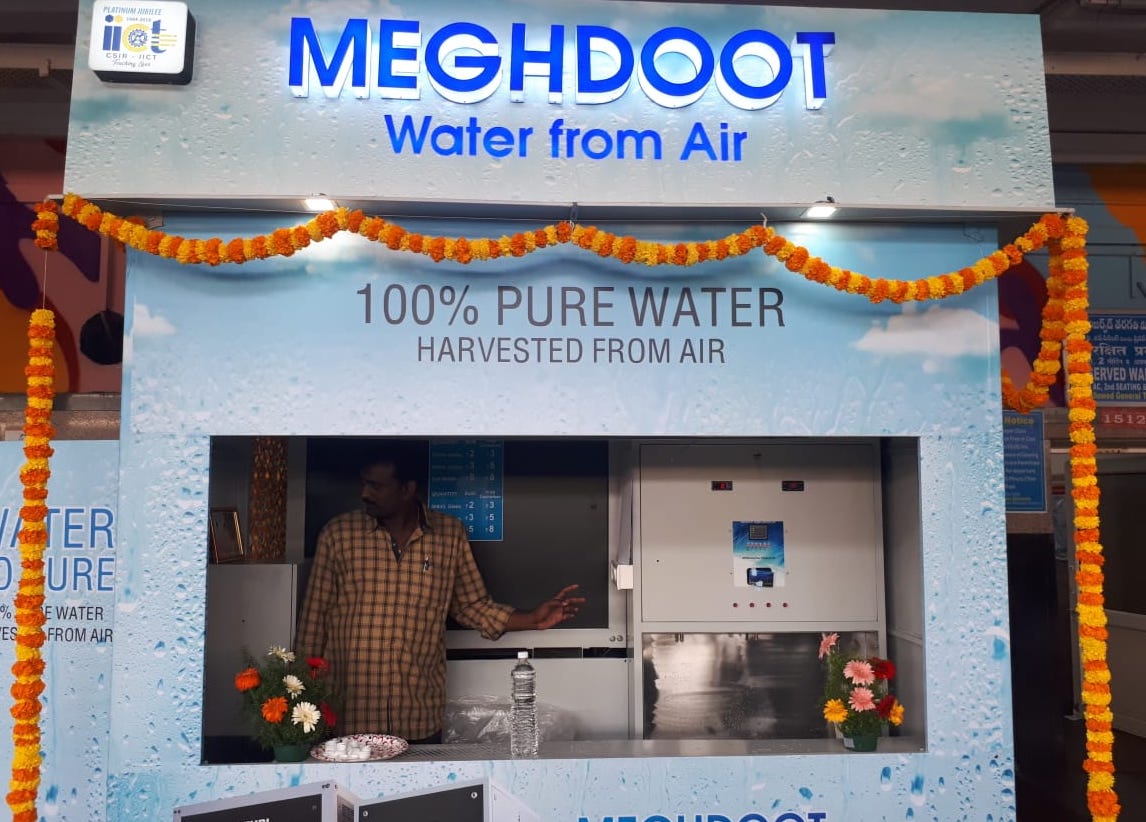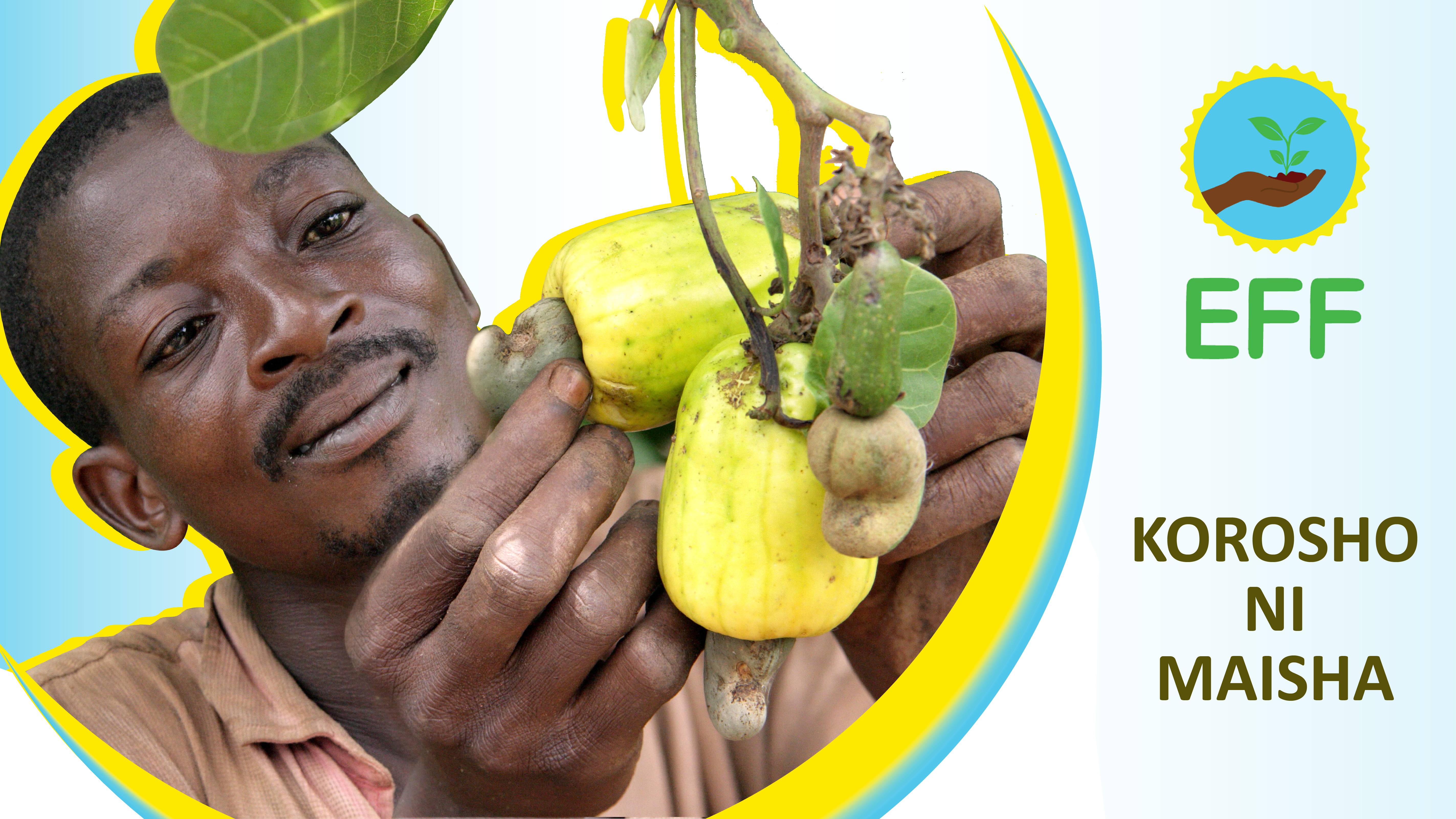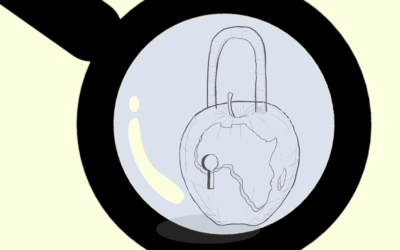Turning air into potable water

As we approach World Water Day on 22nd March and stop to consider the ongoing global water crisis, I would like to share a story about a start-up based in Hyderabad, India that is tackling the issue of access to safe drinking water through ingenious and rather magical machines: Atmospheric Water Generators (AWGs).
These air-to-water systems, branded ‘Meghdoot’ and developed by Maithri Aquatech in partnership with the Indian Institute of Chemical Technology, are capable of producing millions of litres of potable water daily, literally from thin air. They operate by drawing air into the machine, where the water vapour is condensed to liquid water that is then collected and filtered. This filtered water is then re-mineralised before being dispensed through taps, just like those on a regular water cooler. What is great about these systems is that they can also be deployed using renewable energy sources. Indeed, AGMs might very well offer a sustainable and effective solution to address the most basic of human needs, which is presently not being met.
One out of every nine people on earth lack access to safe drinking water. Just 0.007% of the planet’s water is available to be consumed by its 6.8 billion people, as most of is either saline, or trapped in glaciers and snowfields. Women and girls are particularly affected by this issue, as they collectively spend about 200 million hours a day fetching and carrying water. The United Nations’ Sustainable Development Goal 6 states: “Ensure availability and sustainable management of water and sanitation for all.” As a result of climate change and rising global temperatures, these already dire figures are projected to increase, and it is expected that by 2025, ‘1.8 billion people will live in areas plagued by water scarcity, with two-thirds of the world’s population living in water-stressed regions as a result of use, growth, and climate change.’
In India, where increased demands from industry and agriculture, an exploding population and poor water management has led to severely depleted ground water levels, the crisis is even more acute. The World Bank estimates that just under a quarter of all communicable diseases are connected to unsafe water and poor hygiene practices – after all, 344 million people in India still practice open defecation.
Air-to-water systems offer a scalable, portable and cost-efficient alternative to other solutions to ensure a steady, sustainable supply of clean, drinkable water. Groundwater recharge can be done artificially, but a major constraint is the clogging of pores from particulates, chemical precipitation, and biofilm formation. Rainwater harvesting is, of course, dependent on rain, and subject to pollutants and other contaminants. Desalination requires extensive and expensive infrastructure, and the by-product is harmful when dumped into local ecosystems. As for Reverse Osmosis Technology, probably the most widely used and well known purification technique, two-thirds of the water used is discarded as waste during the process.
AWGs can be used to provide potable water facilities in schools, universities, and hostels, places of worship, railway stations, bus stations, airports, government hospitals and health care centres, and prisons. The Indian Defence Services are one of the biggest clients of Maithri Aquatech and in December 2019, the company was proud to have inaugurated the world’s first Air-to-Water Kiosk at Secunderabad Railway Station in Hyderabad city, which has a daily traffic of close to 100,000 travellers. Each litre costs INR 8 (US $ 0.10) with a bottle and INR 5 if passengers have their own bottle.
Last year, I visited Maithri Aquatech’s premises on the outskirts of Hyderabad, met with the team of scientists and entrepreneurs who have designed and manufactured this product, and drank water dispensed from one of the AWGs. It tasted just like mineral water from a bottle – and yet, it needed no ground water source and created no by-products. M. Ramkrishna, the Founder and Managing Director of Maithri Aquatech, told me that his dream was to bring instant, pure and safe microbe-free re-mineralised drinking water to 20 million people globally over the next five years, while helping to save 160 million litres of ground water. I left the factory inspired, hopeful, and positive that with people like him, we would perhaps be able to achieve the goal of potable water for all.
Continue Reading
Breathing new life into Kenyan cashew
EFF’s Korosho Ni Maisha is a holistic, sustainable programme to revive the Kenyan cashew sector. Read about the success of the programme so far and plans for the years ahead!
SSA staves off food insecurity threat amid lingering issues
Looking at how Sub-Saharan Africa dealt with the first year of the pandemic, we find that there are a lot of positives to discuss about the region’s food security. Some doubts, however, linger on.
World Pest Day 2021 – The need for a united front
A reflection on the locust surge of 2020, and the future of pest management on the event of World Pest Day 2021.


